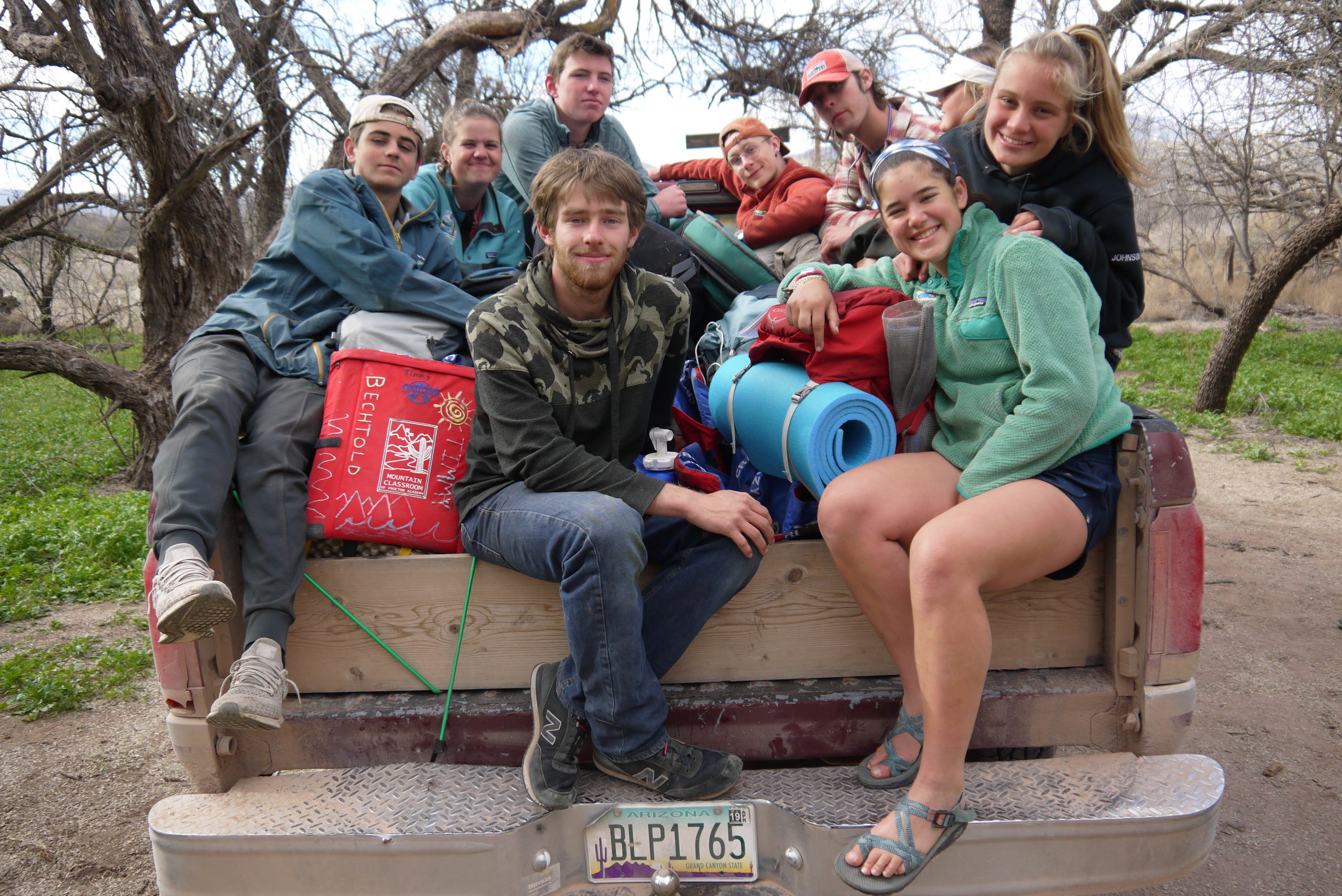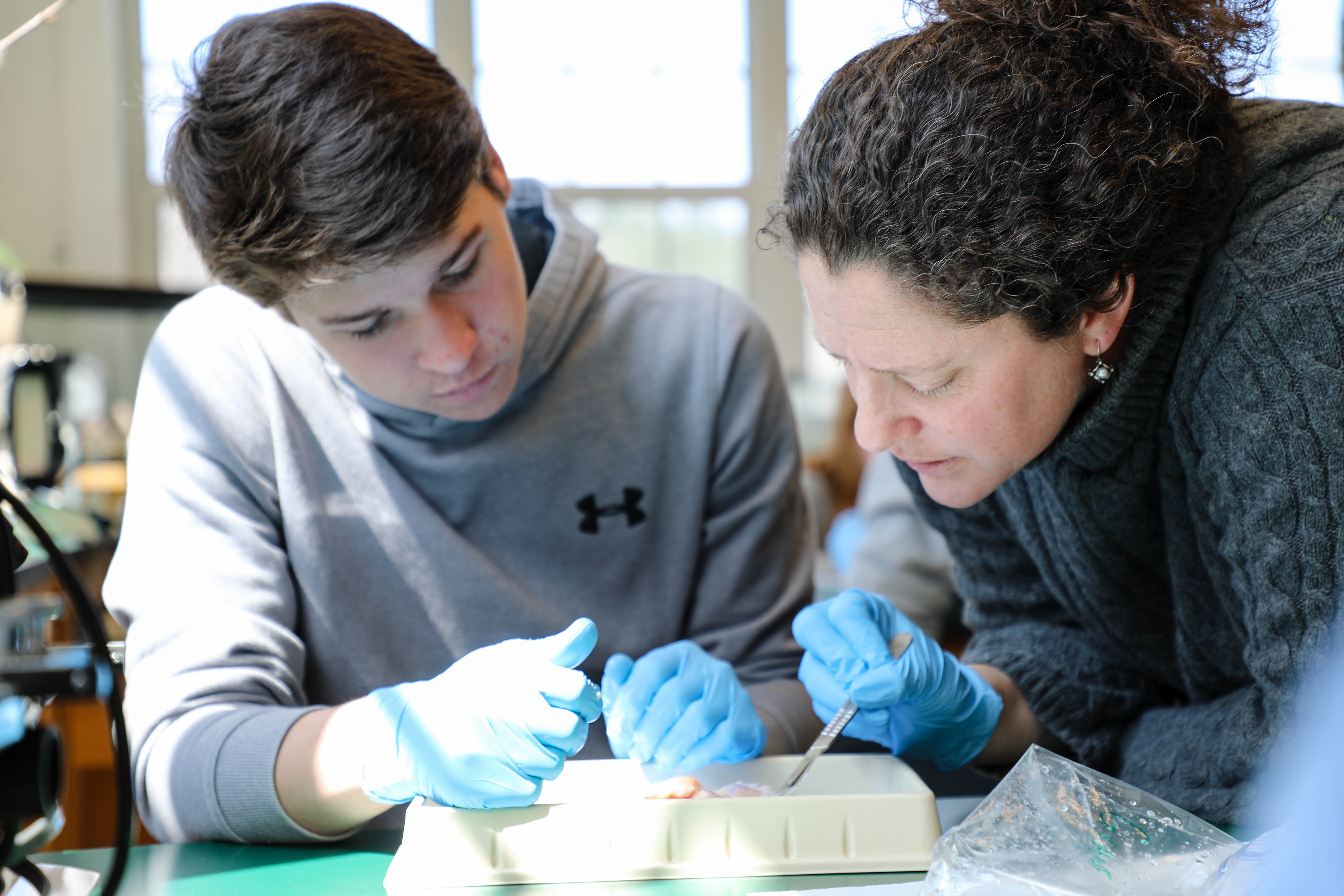We hear often the value of being a generalist, of embracing different pursuits and being well-rounded individuals. Yet, time and again, specialists are rewarded for being the best at what they do. Professionally, we rarely see someone promoted for simply being above average at many things. College coaches claim they want multi-sport athletes, but more often than not reward specialized athletes with scholarships. The mixed messages our children receive as they discover who they are and what passions live within them are not only unhealthy, but have created an unsustainable environment for our schools.

NPR’s Planet Money did a short segment on this struggle of specialist versus generalist after Novak Djokavich defeated Roger Federer in an epic Wimbledon final on July 15. Djokavich specialized from the age of 4. He believed acknowledged he had one mission in life: to become #1. He never had the opportunity to embrace the “Which Path Will You Choose?” question we ask our students as they enroll at Proctor. Federer, on the other hand, was raised playing soccer, basketball, badminton, and tennis, his mother insisting he not specialize.

David Epstein's book, Range: Why Generalists Triumph in a Specialized World, explores the notion that professional success is the product of generalization and the cross-pollination of experiences across many disciplines, not specialization. Malcolm Gladwell’s Outliers argued the opposite. The two, Epstein and Gladwell, got together to discuss the future of the modern athlete at the MIT Sloan School of Business Sports Analytics Conference and the conversation is worth listening to if you have ever wondered how much your child should specialize.
Epstein’s research shows that most elite athletes go on to specialize at a later age, surpassing their specialized peers over time. But the specialization stories are sexy. We are obsessed with precocity: the videos of Tiger Woods swinging a golf club at age 2, the Suzuki method in music, the four year old who can read fluently. The moment our children can stand, we introduce a racket, a hoop, club, or an instrument in their hand. We urge them to develop and humble-brag about how advanced they are. What we don’t hear with the same enthusiasm are the stories of burnout, the children who walk away from their “passion” because the pressure is too great or the expectations unrealistic, the parents who have gone into debt to help their child unsuccessfully specialize.

At Proctor we believe in generalization, in Epstein’s concept of range, and yet we continually encounter specialization as we seek to offer breadth and depth of opportunity in equal proportions. Our entire educational model is designed to expose students to new opportunities: art classes, sports, off-campus programs, academic courses. At the same time, we want to provide opportunities for students to dive deep into their passions when appropriate. Over the past decade, we’ve seen this tension between generalization and specialization grow. Students want to play club sports out of season. Talented artists want to develop their talent all three terms. A demand for specialized coaches and instructors across all academic and non-academic program threatens the small boarding school model of talented faculty whose professional experiences trend toward range instead of specialization. The pursuit of passions is a good thing, but we must never allow our focus on one passion stand in the way of our discovery of another.

Perhaps the societal pendulum of specialization has reached its pinnacle and will soon swing back toward generalization. Maybe we have to ride the upswing a bit longer. Regardless of how society will reward specialization in the future, in our own little sphere of influence, we must continue to articulate the value of generalization among adolescents. We must continue to share stories of students expanding their identity during their high school years. We must empower our students to share with their peers the value of studying off-campus, trying a new sport or afternoon activity, stepping outside their comfort zone of specialization and risking failure. The range of experiences available at Proctor is the single greatest opportunity we provide our students. Don’t miss out on it!








